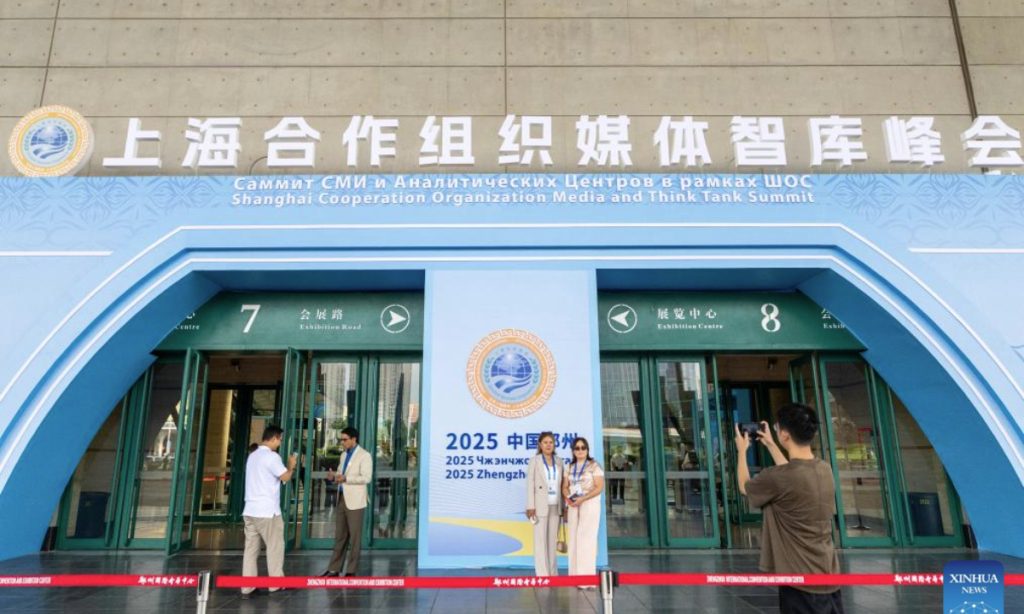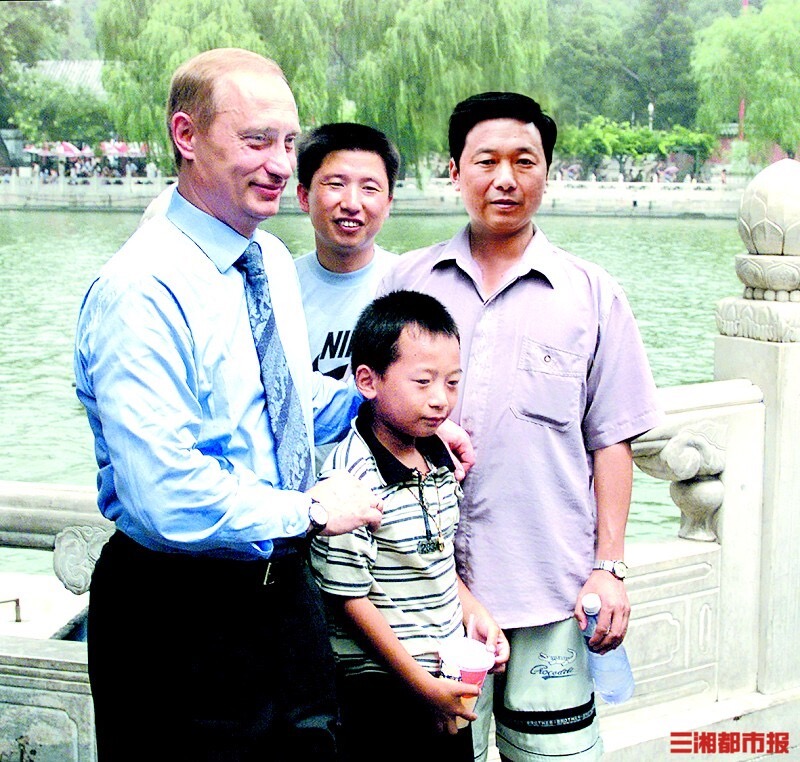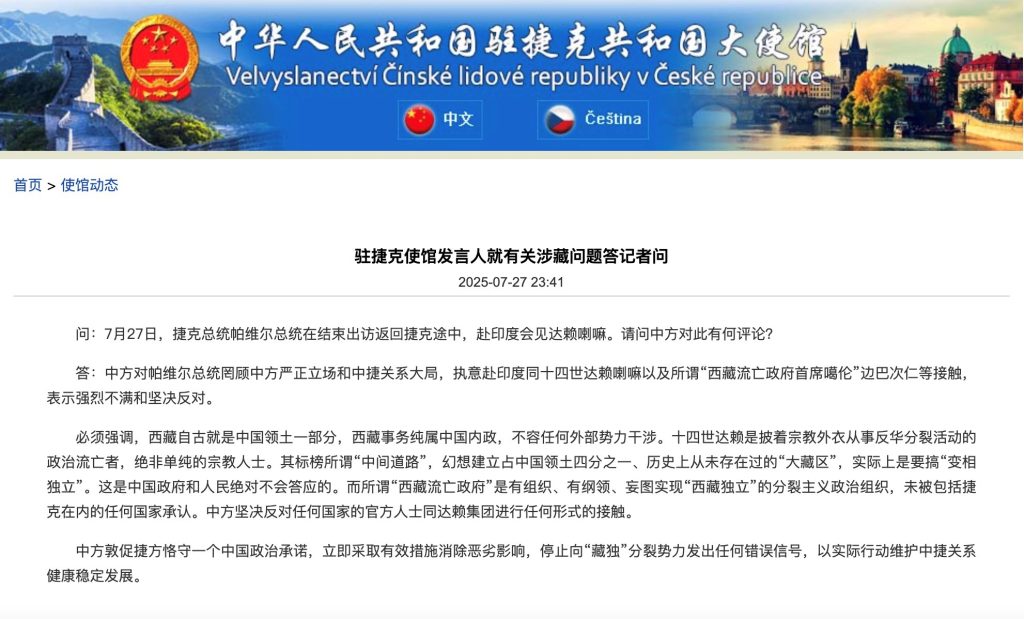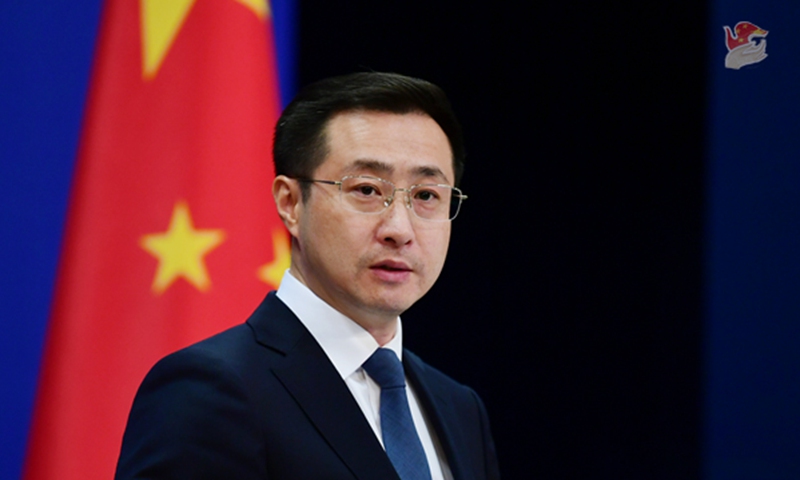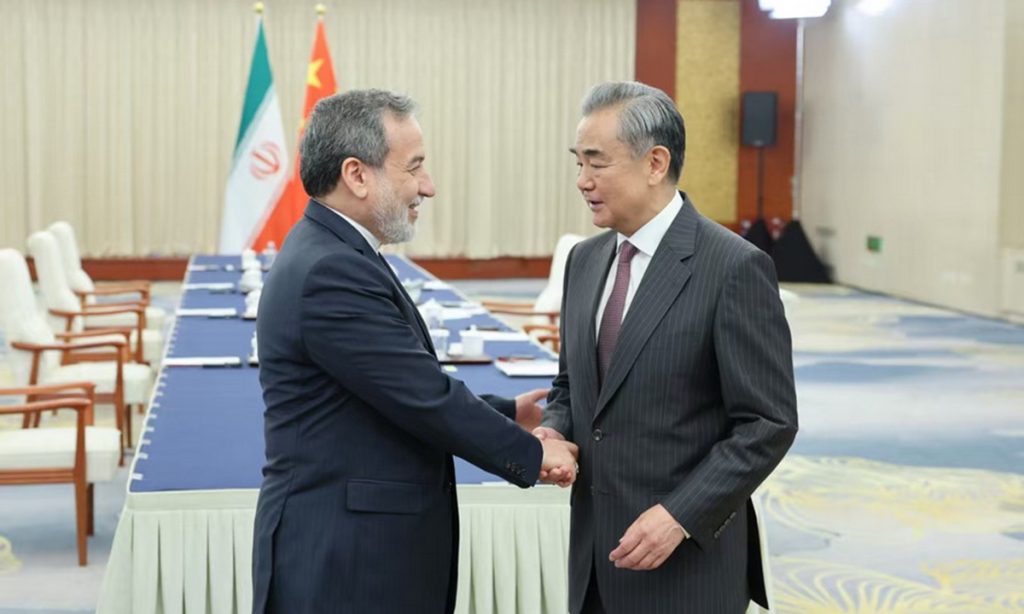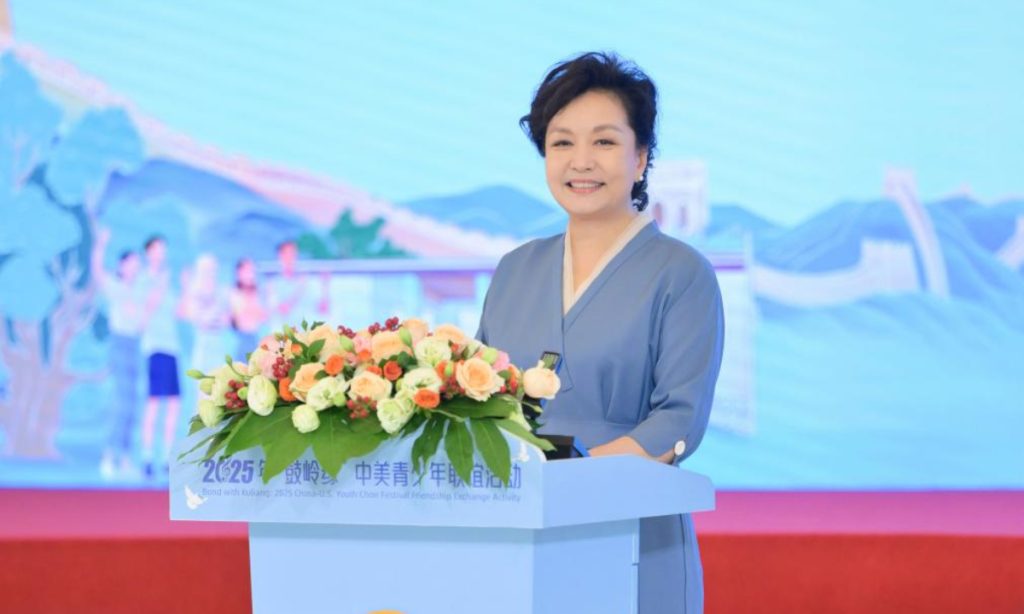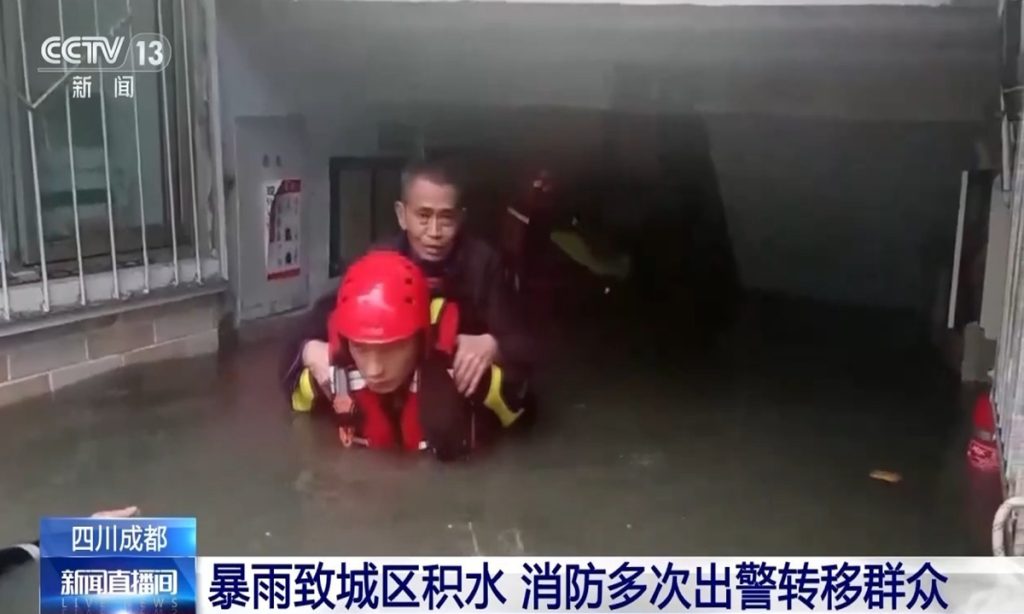China’s cyberspace regulator exposes typical cases of illegal military-related social media accounts

China's cyberspace authority on Thursday disclosed a number of typical cases involving self-media accounts that violated the Regulations on the Online Communication of Military Information. These accounts illegally published military-related content, misled public understanding, damaged the image of the armed forces, and had a negative social impact. Authorities have taken action in accordance with the law, removing illegal content and shutting down the offending accounts, according to a release by the Cyber Administration of China on its website.
The typical cases included those impersonating official military accounts. For example, the "Southern Guard," "Joint Staff Think Tank Services" and "Joint Logistics Support," closely mimicked official military accounts, using high-fidelity imitations to pose as authentic sources and post military content to exploit trending topics for followers and profit.
Others fabricated military rumors, using AI tools to invent false stories such as "China's four soul-calming weapons," misleading the public. Some accounts published so-called analyses of equipment details, tactics and operations—some behind paywalls—profiting illegally from military topics.
The cyber administration also listed some accounts distorting military history, claiming that Chinese People's Volunteers pilot of the War to Resist US Aggression and Aid Korea (1950-53) Zhang Jihui's achievements were "exaggerated," smearing the legacy of martyrs and using sensitive party and military history topics to attract traffic for profit.
Contents related to slandering the military's image have also been removed, including the misleading "Q&A videos" with titles like "What are the risks of serving in XX location?" to discredit the armed forces.
Accounts exploiting public support for the military - such as "the Qinhuai River," who claimed to be a retired soldier and frequently posted short videos wearing military uniforms or replicas to attract followers, are also deemed as in violation of regulations.
Lastly, the administration exposed accounts exposing military facilities. They uploaded multiple videos of "military family compounds" showing training equipment and revealing locations, exposing sensitive military information.
Officials stressed that relevant departments will continue to strictly enforce the Regulations on the Online Communication of Military Information, crack down on self-media accounts engaged in illegal military-related activities, and severely punish those who publish or hype false information. They also encouraged the public to actively report violations in order to foster a healthy online environment for military content.
